# cgst
12 posts in `cgst` tag
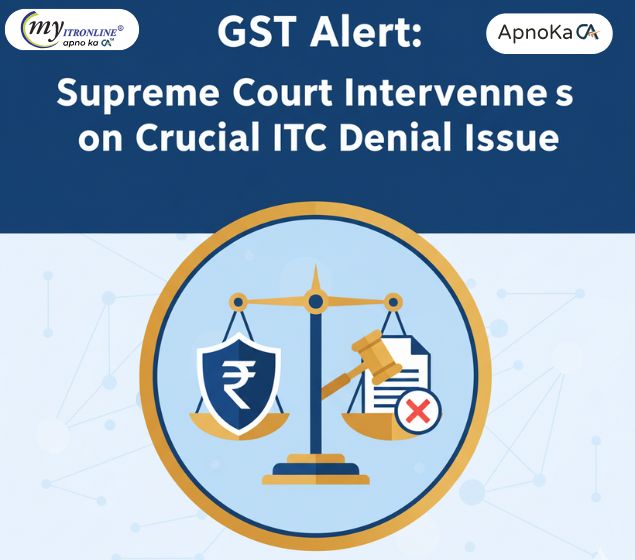
GST Alert: Supreme Court Intervenes on Crucial ITC Denial Issue
The Supreme Court of India, in the interim order of Roshan Sharma v. Deputy Commissioner of Revenue, State Tax & Anr., has issued notice and stayed the High Court's order, agreeing to consider the validity of Input Tax Credit (ITC) denial solely because of the retrospective cancellation of a supplier's GST registration. The case also centrally addresses the violation of natural justice due to the denial of cross-examination and access to crucial evidence like Fastag data.
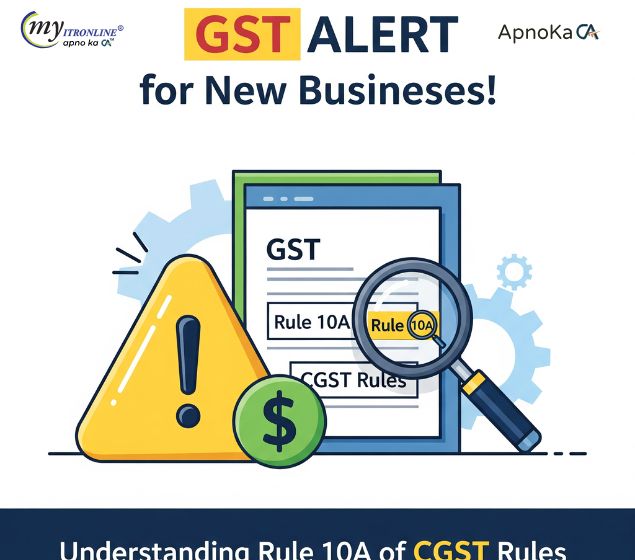
GST Alert for New Businesses! Understanding Rule 10A of CGST Rules
Rule 10A of the CGST Rules requires every new GST registrant to verify their bank account and upload the details on the GST portal within the prescribed timeline. This ensures that GST registration remains active, refunds are processed smoothly, and risks of suspension or cancellation are avoided. Non-compliance can lead to withheld refunds or suspended GSTIN. Uploading a cancelled cheque or bank statement immediately after GST approval is the simplest way to stay compliant.
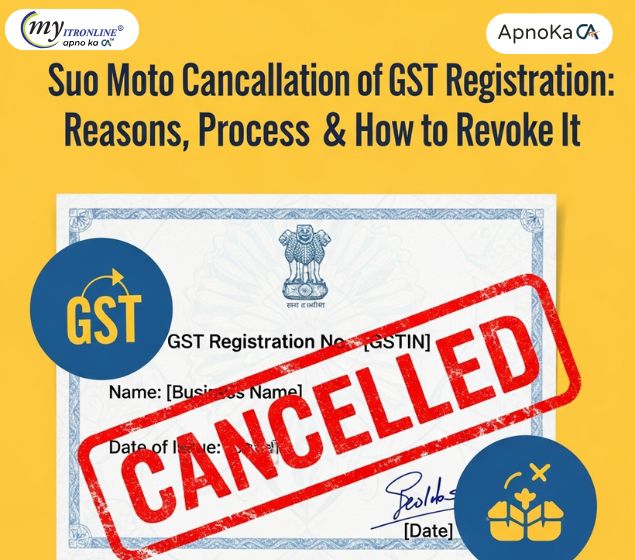
Suo Moto Cancellation of GST Registration: Reasons, Process & How to Revoke It
This blog explains what Suo Moto cancellation of GST registration means, why it happens, and how businesses can respond and apply for revocation. It includes the reasons, forms, timelines, and tips to stay compliant.
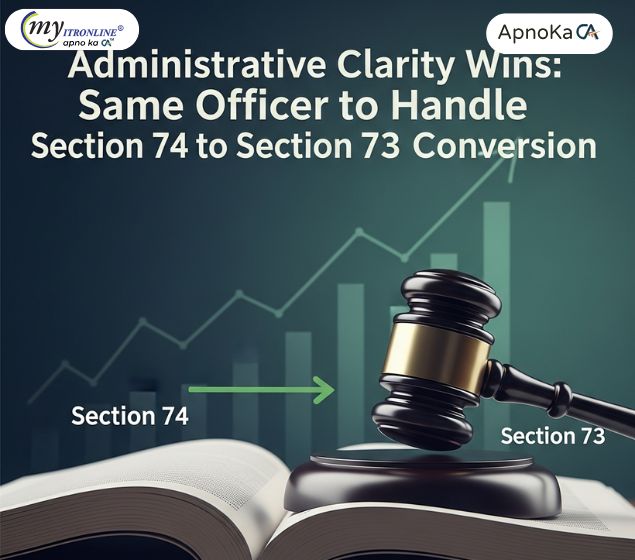
Administrative clarity wins: Same officer to handle Section 74 to Section 73 conversion
The CBIC has clarified that when a GST case originally issued under Section 74 is converted to Section 73 following an appellate or court order, the same original adjudicating officer remains the Proper Officer for re-determination under Section 75(2). This avoids jurisdictional transfers, maintains consistency, and supports timely compliance with the two-year limit under Section 75(3).
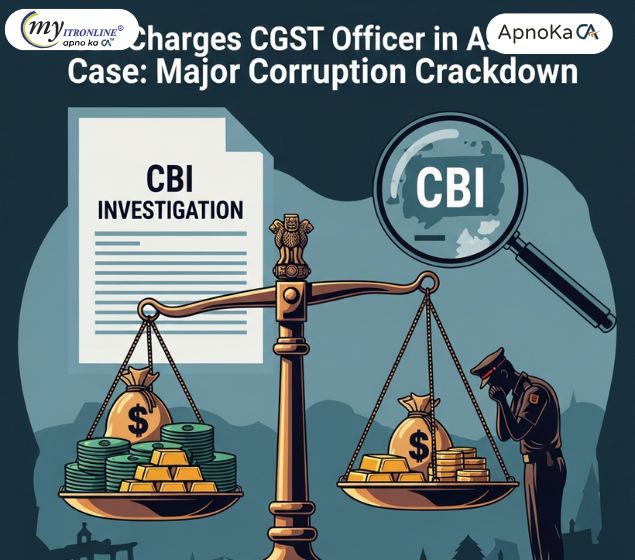
CBI Charges CGST Officer in Assets Case: Major Corruption Crackdown
The CBI has initiated an investigation against Assistant Commissioner Rati Ram Meena for allegedly possessing disproportionate assets of approximately ₹2.54 crore accumulated between August 2018 and August 2025. Searches in Jaipur, Ankleshwar, and Ahmedabad reportedly uncovered properties, high-end vehicles, jewellery worth ₹35 lakh, and documents indicating funds routed via family-linked entities.
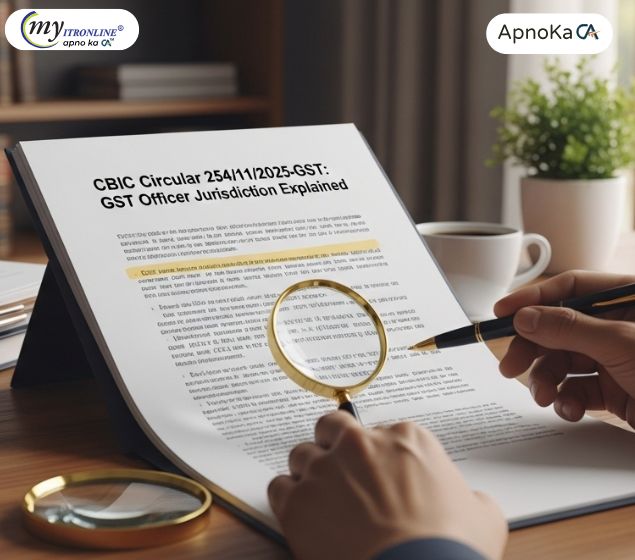
CBIC Circular 254/11/2025-GST: GST Officer Jurisdiction Explained
CBIC has issued Circular No. 254/11/2025-GST to clarify which officers will handle GST cases related to tax, ITC, and penalties under the CGST Act. This blog explains the officer levels, monetary limits, and key sections covered, making it easier for taxpayers to understand who will manage their case.
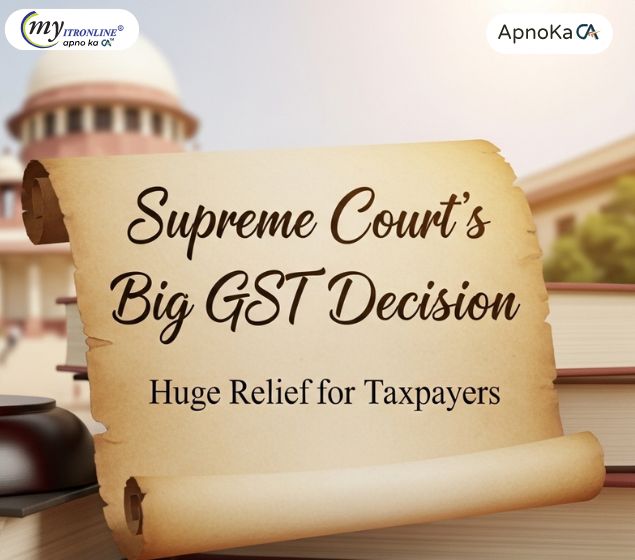
Supreme Court’s Big GST Decision Huge Relief for Taxpayers
The Supreme Court of India has ruled that once a taxpayer pays the 10% pre-deposit required to file a GST appeal, the government cannot freeze bank accounts or recover additional funds. This landmark decision protects honest taxpayers and ensures fair enforcement under GST law.

CBI Nabs GST Officer in Nashik for 5 Lakh Bribe 19 Lakh Seized
The CBI has arrested a Superintendent of CGST & Central Excise in Nashik for allegedly accepting a 5 lakh bribe related to an ITC case. Raids led to the recovery of ₹19 lakh in cash and key documents. The officer is currently in police custody.
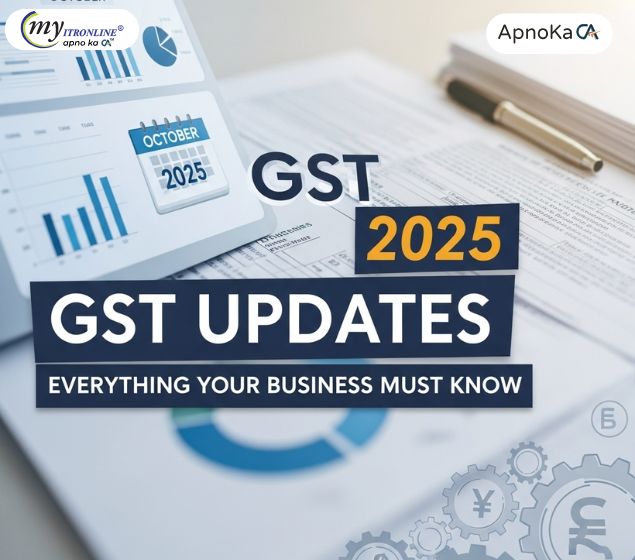
Big Changes Coming to GST on October 1, 2025: What Your Business Needs to Know
The Indian government has announced significant GST updates, effective October 1, 2025, stemming from the Finance Act, 2025. These amendments will impact definitions, voucher taxation, Input Tax Credit (ITC) on plant & machinery (retrospectively from 2017), return filing procedures, appeal processes, and introduce a new 'track & trace' system with associated penalties. Businesses must prepare for these changes by reviewing operations, updating systems, and training staff to ensure compliance and manage potential cash flow implications.
.jpg)
GST Credit Note Issuance: Compliance Updates in Finance Bill 2025
The Finance Bill 2025 changes Section 34(2) of the CGST Act, extending the deadline for issuing credit notes to March 31 of the next fiscal year. This blog discusses the changes, how they affect businesses, and how to comply.
.jpg)
Rule 86B Explained: How ITC Utilization is Limited Under GST
The CGST Rules 2017's Rule 86B, which restricts the use of Input Tax Credit (ITC) to settle GST liabilities, is thoroughly explained in this article. Along with useful examples and advantages, it discusses the rule's objectives, applicability, exemptions, and effects on businesses.

Understanding the Supreme Court’s Review of CGST Act Section 168A
The Supreme Court is reviewing the legality of CGST Act Section 168A, which allows deadline extensions for tax compliance. This blog delves into the implications for taxpayers, the legal challenges, and potential outcomes of this significant case.
